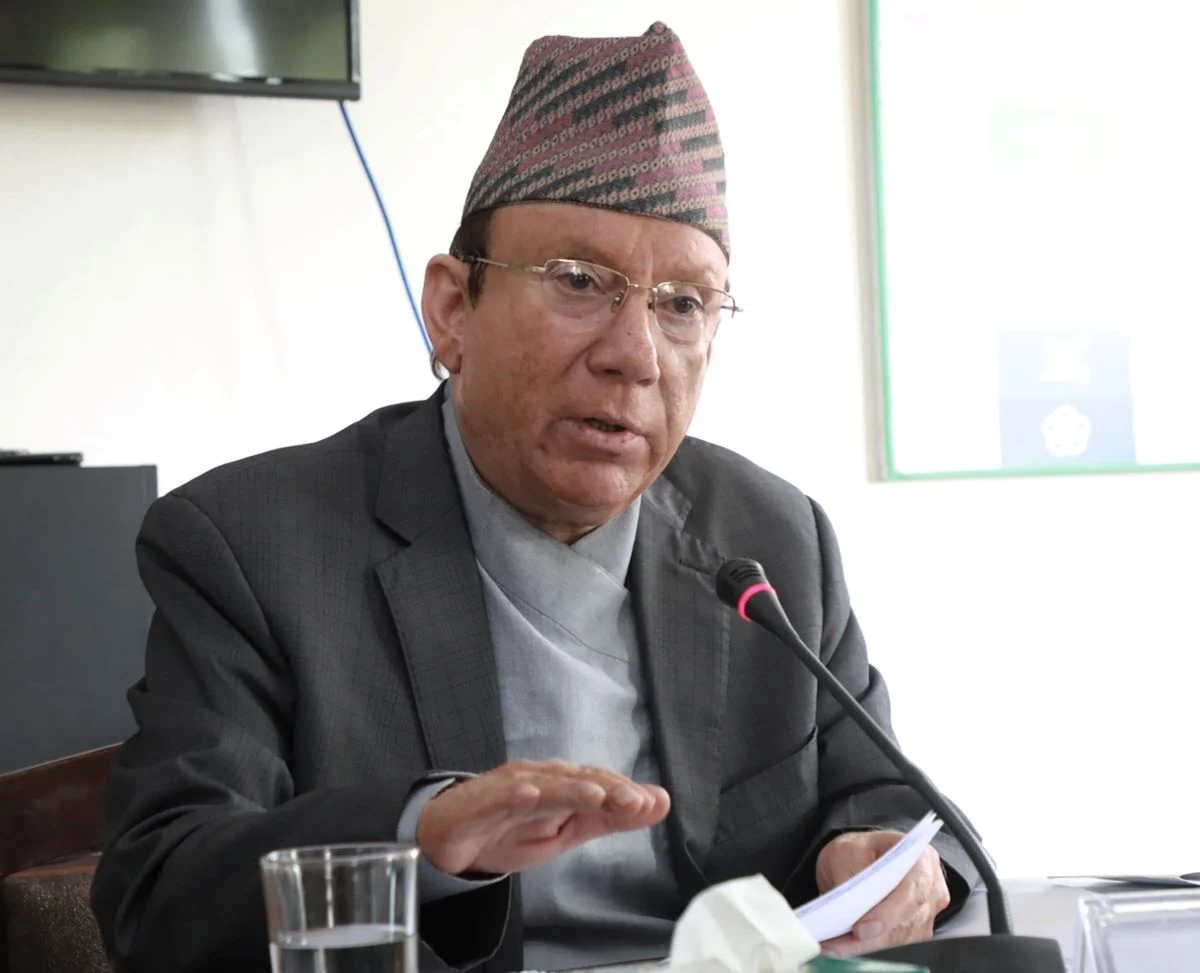Prakashman Singh Raut Approved as Nepal’s Next Chief Justice!

In a significant move for judicial reform in Nepal, the Parliamentary Hearing Committee has unanimously approved Prakashman Singh Raut as the Chief Justice. Following this endorsement, his formal appointment by the President is expected soon, with Raut set to assume office after October 5.
A Vision for Judicial Reform
During the hearing, Raut highlighted his role in drafting the Fifth Strategic Plan aimed at enhancing Nepal’s judicial system. He committed to implementing this plan, focusing on making the justice system more transparent and efficient. He also presented his detailed roadmap for judicial reforms.
Political Background and Appointment Process
Raut’s name was recommended by the Constitutional Council and forwarded to the Parliamentary Hearing Committee. Throughout the process, he addressed six complaints lodged against him. His composed responses to questions from lawmakers led to his unanimous approval.
Key Issues Addressed
During the hearing, Raut responded to concerns about amendments to the Judicial Council Regulations and assured that his efforts would resolve conflicts arising from these changes. He also dismissed accusations of retaliation in contempt of court cases, reaffirming that the judiciary acts based on facts and evidence, not personal vendettas.
Reform Agenda
Raut’s tenure promises several reforms, including:
- Efficient case management.
- Reducing the backlog of pending cases.
- Improving the court’s operational capacity through digitalization.
- Introducing measures to make court services more accessible and transparent.
A Leap Toward Digitalization
Raut plans to implement online case registration, hearing management, and digital systems across all courts, aiming for faster and more transparent judicial processes. He emphasized using video conferencing in remote areas to ensure better access to justice.
A Seasoned Legal Career
With over 33 years of legal experience, Raut’s career journey—from being elected as the President of the Supreme Court Bar Association in 2006 to serving as a judge—has been transformative for the judiciary. His leadership now signals a new era of judicial transparency and effectiveness.
Conclusion
Raut’s appointment marks a major step forward in judicial reforms, with his focus on digitalization and streamlined case management. His leadership promises to elevate Nepal’s judiciary, bringing faster and more accessible justice to all.




![From Kathmandu to the World: How Excel Students Are Winning Big [Admission Open]](https://nepalaaja.com/img/70194/medium/excel-college-info-eng-nep-2342.jpg)
